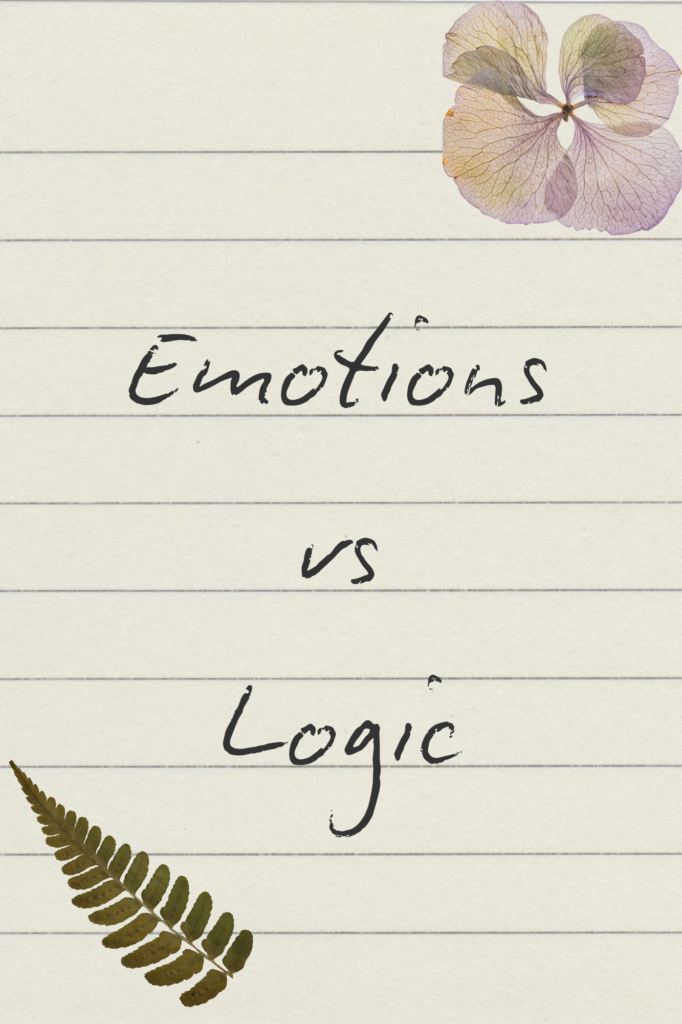The Hidden Reasons You Struggle to Trust Yourself
May 13, 2025

Ever felt that deep, nagging sense of “I know I shouldn’t do this”—only to second-guess yourself, do the thing anyway, and then regret the hell out of it?
In those moments, our inner knowing gets drowned out by a hailstorm of what-ifs. We poll friends. Ask ChatGPT. Scour subreddits. Anything but trust that we already have the answer—or that we can find it within ourselves.
If you’ve been caught in this loop, you’re not broken or missing some mystical intuition gene. You’re not alone, either.
The truth is, most of us have been taught to doubt ourselves—by family, culture, society, and systems that benefit from when we outsource our power.
In this post, I want to unpack some of the hidden influences that quietly shape this struggle. Especially if you’ve ever been told you’re “too sensitive,” “too much,” or just plain wrong for how you feel—this one’s for you.
Why It Matters
We’re trained from a young age to mistrust our feelings. Emotions are framed as irrational, inconvenient, or even dangerous—something to suppress, silence, or fix. We’re rewarded for logic, punished for sensitivity.
But here’s the truth: your emotions are not the problem. They’re trying to communicate valuable information to you—clues about your needs, boundaries, and inner truth. And while you can ignore them, they won’t disappear. They’ll just get louder, more confusing, and harder to interpret.
Disconnecting from emotion doesn’t make you more rational, either. It just makes it harder to access the wisdom your body is trying to offer. And making it harder for you to understand other people’s emotions.
When Emotions Become a Foreign Language
Think of your emotional awareness like a language. If you weren’t taught it—or were actively discouraged from using it—you get rusty. You forget the words that could express what you’re trying to get across. And when you do try to speak the language, it comes out awkward, jumbled, or communicating something you’re not meaning to.
That awkward discomfort will, a lot of the time, drive us to shut down. We’d rather avoid feeling weird and embarrassed than fumble through to the other side of things.
But the longer we avoid our emotions, the more foreign they feel—and the harder it becomes to tell the difference between fear, truth, anxiety, or intuition.
The Systems That Teach Us To Outsource Our Power
From the jump, we’re conditioned to look to others—teachers, parents, partners, bosses, therapists—for answers. We’re taught that authority lives outside of us, and that trusting ourselves is risky, selfish, or flat-out wrong.
And this conditioning doesn’t happen in a vacuum—it’s reinforced by every system we move through.
Gender role conditioning plays a major role here, too.
People socialized as women are often taught that their value comes from being agreeable, nurturing, and likeable. We’re praised for being accommodating and helpful, yet shamed for being “too much,” “too emotional,” or “too needy.” We learn that our feelings make us irrational, and that expressing them—especially if they make someone else uncomfortable—is a burden. We’re told we’re just these inherently, wildly illogical beings that can’t trust ourselves to know what’s real or true. And no one else should either.
Meanwhile, people socialized as men are often taught that showing emotion (outside of anger) is weak. They’re expected to be decisive, action-oriented, stoic, and independent—leaving very little, if any, room for self-reflection or emotional nuance. Intuition? Vulnerability? Nope, not here, buddy.
And for those who are trans, nonbinary, two-spirit, or gender-fluid, the message is often: “You don’t fit. You’re wrong for existing as you are.” Our society doesn’t make room for complexity, nuance, or feeling your way through life outside of binary expectations—and this causes real harm to people and allows horrific behavior and treatment towards them to be excused or written off.
We’re all impacted by these norms in different ways, but the end result is the same: we learn not to trust ourselves with what we think or feel.
Instead, we’re taught to suppress, dismiss, and second-guess—to follow the rules, stay quiet, and be “reasonable” (even if that reason comes at the cost of our truth).
The Shame Spiral
When you’ve spent a lifetime disconnected from your own knowing, it’s easy to internalize the struggle as being something inherently wrong with you.
You start asking:
“Why am I the only one that seems to struggle with this?”
“What’s wrong with me? Why can’t I figure this out?”
“Why didn’t I just trust myself?”
This, my friends, is the brutal shame spiral: a painful, looping cycle of self-blame that keeps you stuck and disconnected from being able to offer yourself compassion, or to be able to connect with others in a vulnerable way.
But here’s the thing—shame isn’t a sign you’re broken. It’s a sign that somewhere along the way, you learned that your voice, your instincts, or your feelings weren’t “correct” or going to be heard. You learned to survive by disconnecting from what you knew to be true, especially when the cost of speaking up or trusting yourself felt too high.
You adapted—because you had to.
There’s nothing wrong with you. You learned to survive in a world that didn’t make space for your truth.
Reclamation
Even if you’ve spent years doubting yourself, your inner wisdom has never truly left you. It may have gotten quiet. It may be buried beneath years of noise, conditioning, and fear.
But it’s still there—like a compass underneath all the chaos, waiting for you to pick it back up and head off in the right direction for you.
Reclaiming your self-trust doesn’t mean always knowing the answer. It means practicing the pause. It means asking, “What feels true for me?” and letting that question be enough.
The more you listen, the clearer it’ll become. Your intuition doesn’t need you to be perfect—it just needs you to be present.
My Experience With My Intuition And Self-Trust
For most of my life I was told I was “too emotional” to be logical. That I was dramatic, ditsy, and not smart. I believed it. I tried to detach from everything that made me “me,” because those were the things that I got critiqued on the most.
I outsourced my truth to other people who seemed more confident or like they had their shit together—even when their choices hurt me.
Therapy cracked something open for me. It was the first place I was allowed to feel things without being punished or ridiculed for it. Still, it took time (and more therapy) to stop gaslighting and second guessing myself.
Even now, I’m still learning to trust myself and my emotions. But the more I listen, the more I practice, the clearer it gets.
The easier it is to tell when fear is speaking—and when it’s my truth.
Final Thoughts
You were never supposed to live cut off from yourself. You don’t have to earn your intuition or do anything fancy to reconnect with it.
It’s your birthright.
And if it feels far away right now, that’s okay. Maybe consider this a gentle invitation to start listening again.
Even just a little.
If this resonated with you, I’d love to hear your thoughts—drop a comment below or share this post with someone who needs a reminder that their voice matters.
You deserve to trust yourself again. Let’s keep unraveling the conditioning—together.
Talk soon,

Add a comment
0 Comments